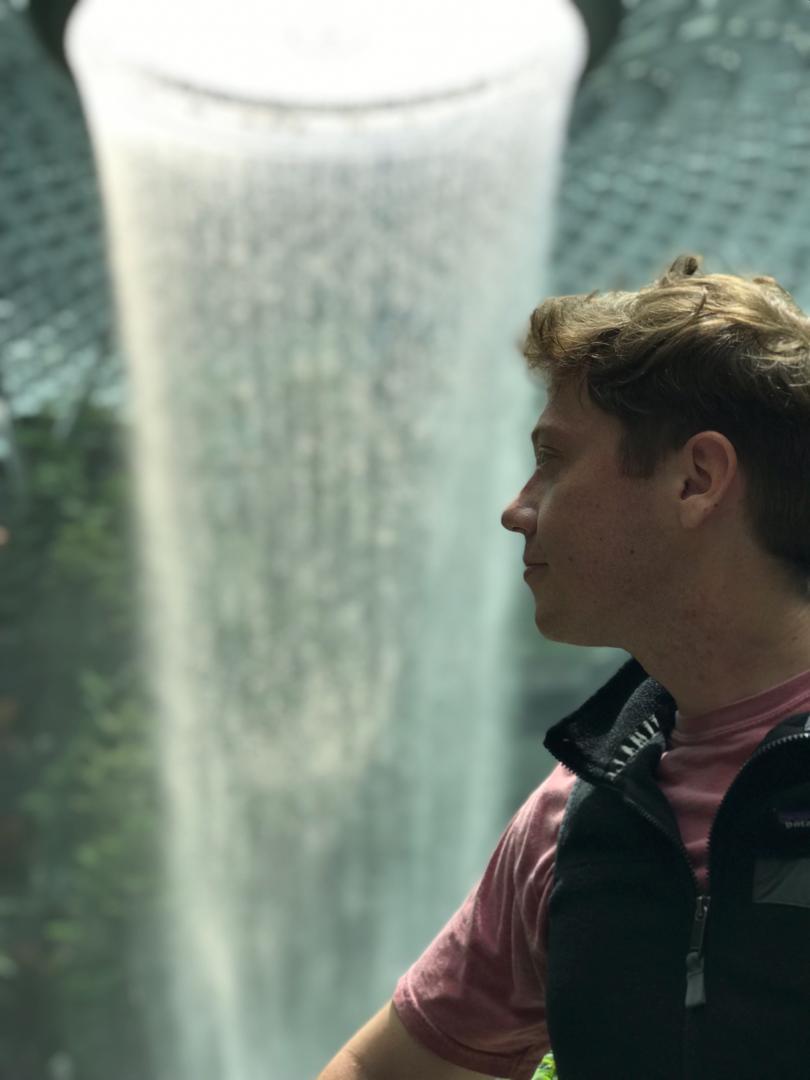Andrew M. Carruthers is Assistant Professor in the Department of Anthropology at the University of Pennsylvania, where he teaches courses in linguistic anthropology, semiotics, and Southeast Asian Studies. Specializing in the ethnography of Island Southeast Asia, Carruthers studies the relations between language, migration, and value to better understand how Malay-speaking migrants jointly navigate islands of possibility in an archipelagic world. Before arriving at Penn, he was Postdoctoral Fellow with the Max Weber Foundation Research Group on Borders, Mobility, and New Infrastructures at the National University of Singapore, and Visiting Fellow in the Indonesian and Malaysian Studies Programmes at the Institute of Southeast Asian Studies, Singapore. His writing has appeared in Public Culture, Journal of Linguistic Anthropology, Environment and Planning C, Trends in Southeast Asia, and SOJOURN: Journal of Social Issues in Southeast Asia.
Andrew Carruthers
Wolf Humanities Center Penn Faculty Fellow
2021—2022 Forum on Migration
Andrew Carruthers
Assistant Professor of Anthropology
Migration and the Push-Pull of "Worlding"
Is it useful to think about migration in terms of “pushes” and “pulls”? This project pursues this question, not through reference to the “human capital value” models developed in conventional migration studies, but through linguistic anthropology, Southeast Asian Studies, Island Studies, affect theory, and process philosophy. This interdisciplinary approach is animated by sustained ethnographic engagement with the Bugis, a Malay-speaking Muslim people famous for migrating across archipelagic Southeast Asia in search of kelebihan or “moreness.” Drawing on several years of cumulative ethnographic research among transnational Bugis migrants, this project explores how migrants pursue “moreness” not simply in the push-pull of migration per se, but in the push-pull of pengalaman — an item traditionally glossed by grammarian-lexicographers as "experience," but attended to here as “worlding.” In the process, the project seeks to re-think questions of "pushes," "pulls," and the category of "experience" itself.



